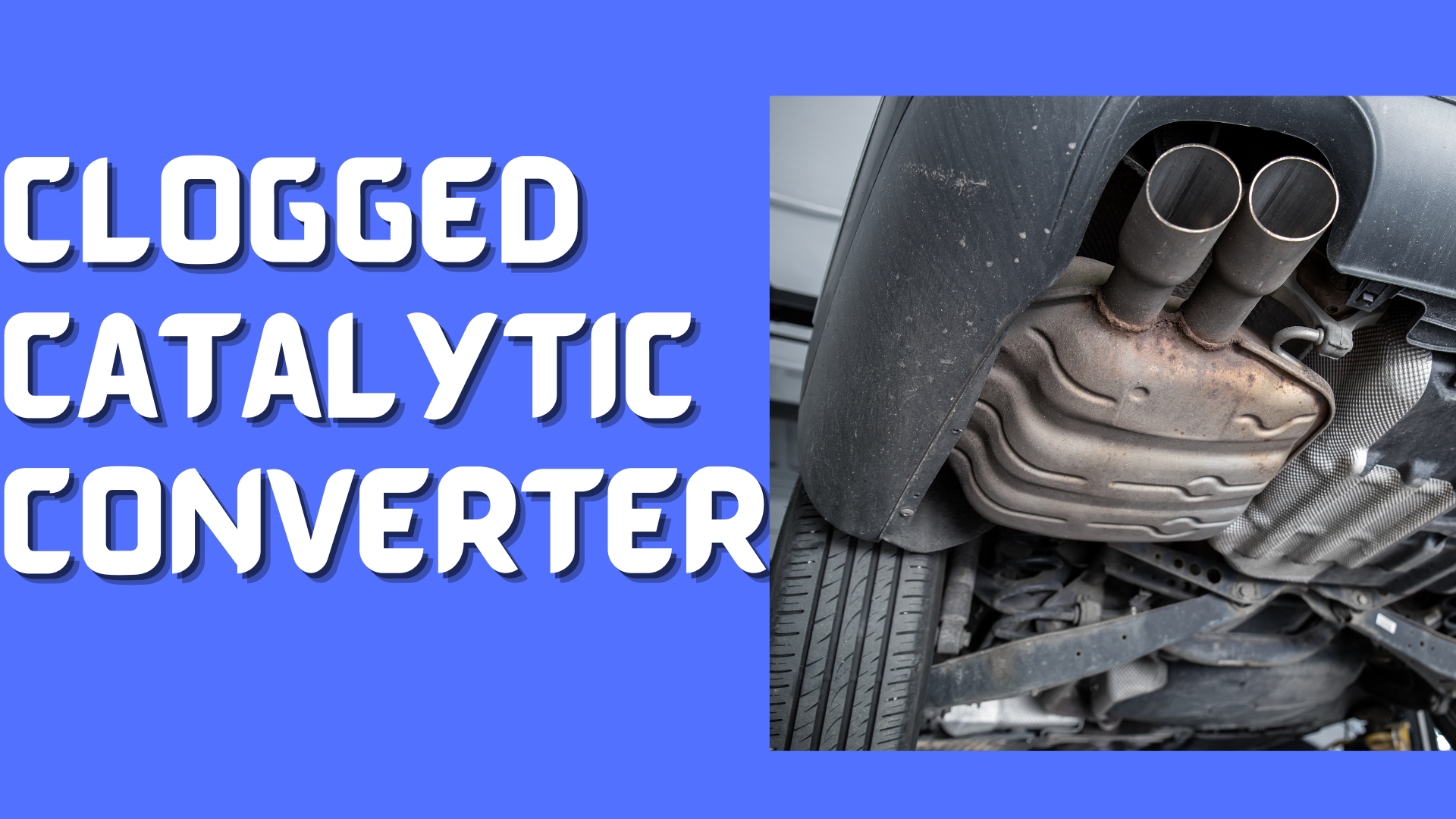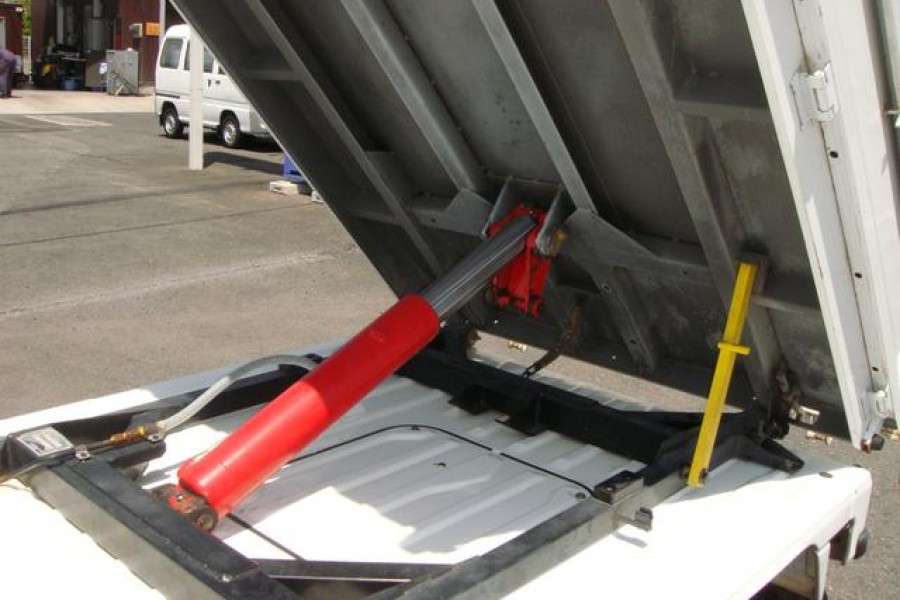9 Symptoms of a Clogged Catalytic Converter
What are some of the symptoms of a clogged catalytic converter which you should be aware of? The catalytic converter is one of the components of the exhaust system. It neutralizes the harmful gases from the combustion chamber before expelling them through the exhaust pipe. Catalytic converters are prone to failure, and it is costly to replace them. Knowing the signs, your truck will show when the catalytic converter is faulty is necessary.
Symptoms of a Clogged Catalytic Converter
Here are some of the top symptoms of a clogged catalytic converter in a truck that you need to keep an eye on.
Check Engine Light
The appearance of this light on your dashboard is an indication that there is a problem with your truck. If the scanning of this check light reveals the error code related to the catalytic converter, use the user guide to decode the error code.
Acceleration Lag
Delays or reduced power when you press the acceleration pedal indicate that your catalytic converter is faulty. To determine if your catalytic converter is clogged, ask someone to press the acceleration pedal as you keep your hands on the exhaust system. If there is a larger amount of exhaust fume from the truck, your acceleration might be bad.
Irregular Fuel Consumption
Increased or decreased fuel consumption is a symptom of a bad catalytic converter. Low fuel consumption can ruin your engine, which might be very costly to repair.
A clogged exhaust system leads to improper combustion, and your engine will work extremely hard to produce the required energy. A clogged catalytic converter can lead to higher fuel consumption.
Bad Smell
Your truck will smell sulfur when the catalytic converter is damaged. The airflow into the combustion chamber will be restricted, giving your engine too much fuel. You will feel a bad smell in your truck when there is too much fuel in the combustion chamber.
Discolored Housing
When the housing of your catalytic converter turns blue or any other color is an indication that your catalytic converter is faulty.
Problems with Starting
When your catalytic converter is blocked, the engine will receive too much fuel, which it will not be able to burn. Back pressure will be generated, making it hard for the engine to eliminate the exhaust gases.
Increased Emissions
Your catalytic converter will not be efficient when it is clogged. Your truck will emit more harmful gases into the atmosphere. The catalytic converter’s role is to regulate and eliminate harmful emissions.
Misfiring Engine
Oxygen flow into the combustion chamber gets restricted when the catalytic converter is clogged, which will reduce the airflow into the combustion chamber leading to an increase in temperature due to the accumulation of unburnt gases, which will make your engine misfire.
Rattle and Other Noises
You will experience weird noises when your catalytic converter is clogged. A honeycomb inside the catalytic converter wears out and breaks into pieces. When the honeycomb is broken, you will experience a rattling noise from your catalytic converter as you rave your engine.
Conclusion
The catalytic is one of the parts of the exhaust system which can interfere with the entire engine when clogged. Knowing some of the signs of a clogged catalytic converter is necessary so that you can repair it earlier before it escalates into other issues that will need more cash to fix.


